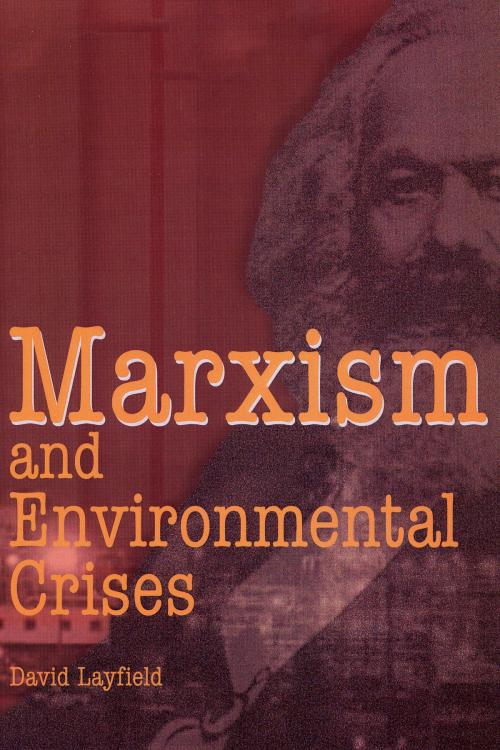Marxism and Environmental Crises
Nonfiction, Social & Cultural Studies, Political Science, Politics, Economic Conditions| Author: | David Layfield | ISBN: | 9781906791049 |
| Publisher: | Arena Books | Publication: | March 10, 2008 |
| Imprint: | Arena Books | Language: | English |
| Author: | David Layfield |
| ISBN: | 9781906791049 |
| Publisher: | Arena Books |
| Publication: | March 10, 2008 |
| Imprint: | Arena Books |
| Language: | English |
How can Marxism help us understand the contemporary environmental situation? How can Marxism help greens respond to this situation? Marxism and Environmental Crises answers these questions by claiming that Marxism offers a uniquely useful means to understand the various environmental crises that affect the contemporary world.
The strength of Marxism, the author claims, lies in its ability to comprehend why capitalism produces environmental crises at this point in history, and why the effects of envionmental crises fall most heavily upon those already in the worst social and economic position.
The author argues that contemporary development of Marxism offer the most effective way for greens to engage with political economy, and with material social production on a deeper level. Marxism demonstrates that capitalism is unique, no other social form is quite like it because of its process of expansion, of infinite growth in a finite world. The book argues that the contradictions of infinite expansion in a finite environment has led to successive waves of dispossession, as capital attempts to seize control of production and nature by the imposition of markets as mediators between societies and their environments.
The author then call for greens to re-engage with the critique of capitalism and with a politics of struggle for control of production, as a means to socialise the interaction of human socieites and their environments.
How can Marxism help us understand the contemporary environmental situation? How can Marxism help greens respond to this situation? Marxism and Environmental Crises answers these questions by claiming that Marxism offers a uniquely useful means to understand the various environmental crises that affect the contemporary world.
The strength of Marxism, the author claims, lies in its ability to comprehend why capitalism produces environmental crises at this point in history, and why the effects of envionmental crises fall most heavily upon those already in the worst social and economic position.
The author argues that contemporary development of Marxism offer the most effective way for greens to engage with political economy, and with material social production on a deeper level. Marxism demonstrates that capitalism is unique, no other social form is quite like it because of its process of expansion, of infinite growth in a finite world. The book argues that the contradictions of infinite expansion in a finite environment has led to successive waves of dispossession, as capital attempts to seize control of production and nature by the imposition of markets as mediators between societies and their environments.
The author then call for greens to re-engage with the critique of capitalism and with a politics of struggle for control of production, as a means to socialise the interaction of human socieites and their environments.















